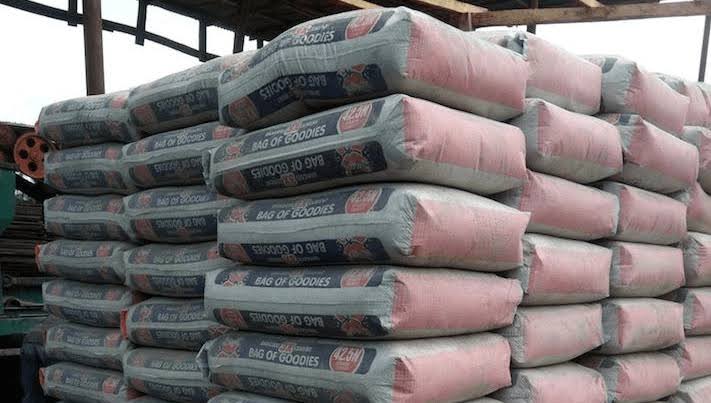Despite facing escalating operational expenses, Nigerian cement companies have managed to thrive, posting impressive financial results.
The first quarter of 2023 was marked by economic challenges such as a cash crunch and general elections, followed by heavy rainfall in the third quarter, which negatively impacted sales volumes.

Major players in the industry, including Dangote Cement, BUA, and Lafarge, reported significant profit surges, with combined revenue growth of 30.75% to N3.074 trillion in 2023 from N2.35 trillion in 2022. Dangote Cement’s revenue grew by 36% to N2.21 trillion, BUA Cement’s revenue increased to N459 billion, and Lafarge Africa’s revenue rose to N405 billion.
READ ALSO: Nigeria Mortgage Refinance Company Tackles Mortgage Equity Barrier
Despite these impressive results, the companies faced challenges that led to a lower-than-expected operating performance. However, they still declared substantial dividends for their shareholders. Dangote Cement proposed a final dividend of N511.215 billion, BUA Cement declared a final dividend of N67.729 billion, and Lafarge Africa proposed a final dividend of N30.605 billion.
READ ALSO: “Cement Price Has Reduced to N7,800”: Cement Seller Calls His Customer, Refunds N400 Balance
One of the factors contributing to the high cost of cement in Nigeria is the importation of gypsum, a key raw material. While gypsum importation was previously banned, it is now imported due to high local production costs.
Looking ahead, analysts are optimistic about the Nigerian cement industry, expecting it to benefit from increased government focus on infrastructure development and construction projects. They anticipate growth opportunities despite ongoing challenges.



